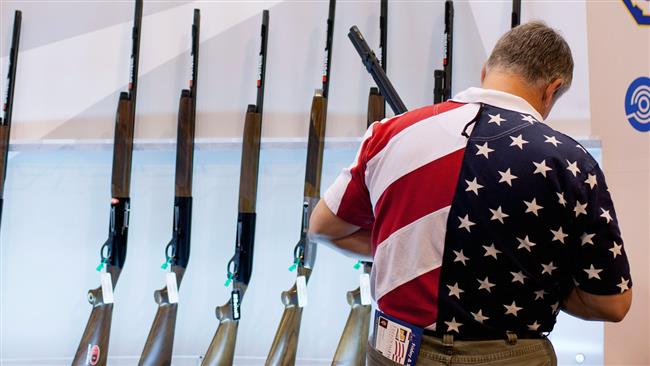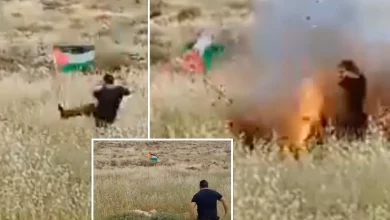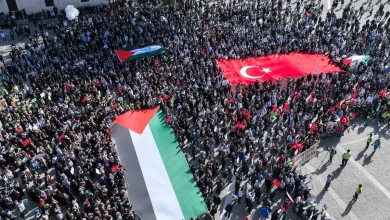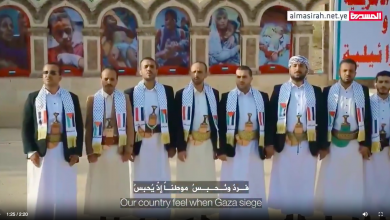Minneapolis ‘one of the worst places’ for African Americans to live: Historian

The US city of Minneapolis, where an unarmed black man was recently shot to death by white police, is “one of the worst places” for African Americans to live, a researcher and historian in Washington says.
Minneapolis and Saint Paul, located in Minnesota state and commonly known as the Twin Cities, have one the highest rates of homicide, incarceration and poverty for African Americans, said Dr. Randy Short, who has a Ph.D in African studies.
“It is a very, very unpleasant place to be” if you are black, Dr. Short said in an interview with Press TV on Thursday.
Racism and discrimination against African Americans is more prevalent in Minnesota and other Midwest states, where the population of whites is far greater than blacks, he added.
The fatal shooting of Jamar Clark by a Minneapolis police officer has raised racial tensions in the city and led to a tense standoff between the police and protesters.
Clark, 24, was shot in the head Sunday and died at a hospital the next day.
“We call Minneapolis a tale of two cities: The best of times if you’re white, and worst of times if you’re black,” said Nekima Levy-Pounds, president of the Minneapolis chapter of the NAACP.
Levy-Pounds was one of 42 people arrested when protesters shut down an interstate highway on Monday night.
Protests have continued since then, with tensions escalating again Wednesday night as a crowd grew outside the north Minneapolis police precinct near where Clark was shot.
At least 250 demonstrators joined arms to surround the station. They chanted slogans like “No justice, no peace. Prosecute the police,” “Indict, convict, send those killer cops to jail” and “Handcuffs, don’t shoot.”
Referring to the fatal shooting of unarmed black teenager Michael Brown last year in Ferguson, Missouri, a former city council member said, “We don’t want another Ferguson. They are unleashing something they don’t understand. Oh Lord.”
Some community activists say racial disparities in Minneapolis, including high unemployment rates for blacks, a disproportionate number of arrests for minor crimes and inequities in housing and the school system, have been going on for a very long time.







